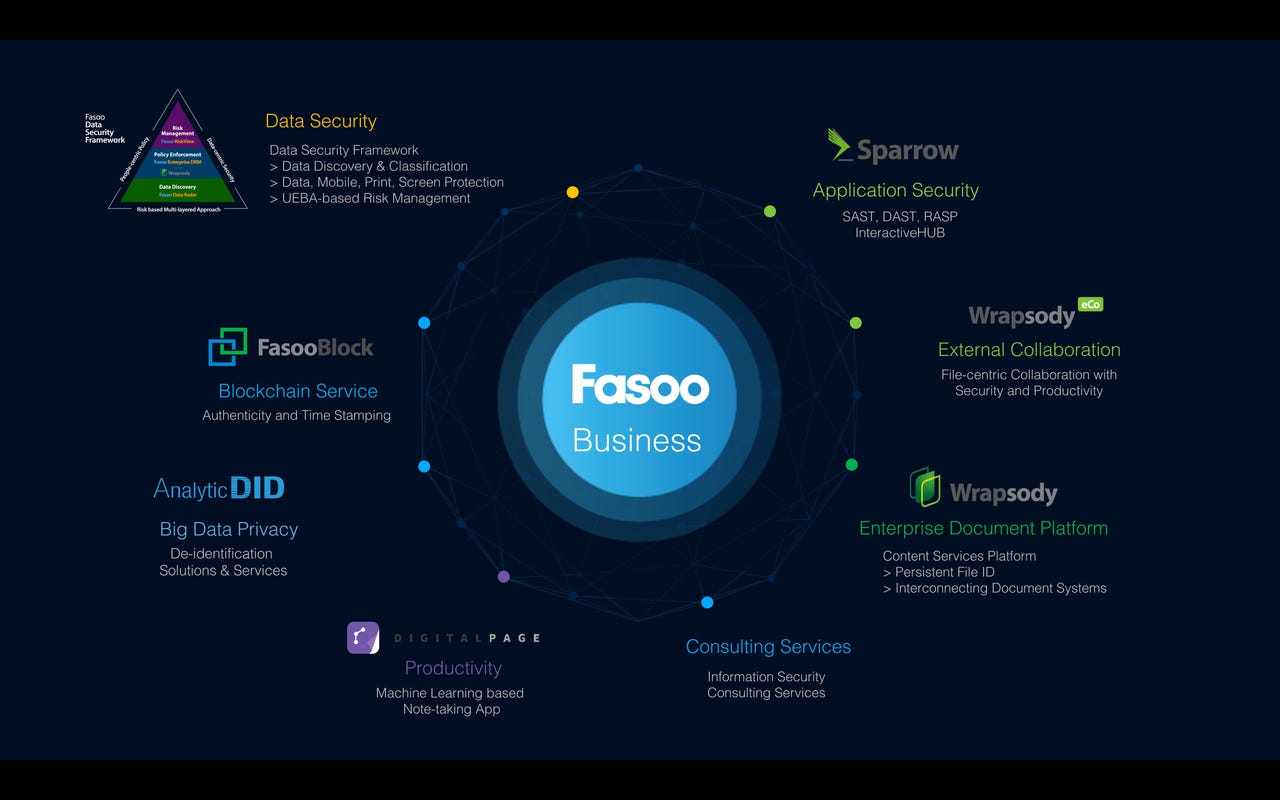Koh Young applies Fasoo's DRM to prevent against copycat products


Semiconductor equipment vendor Koh Young Technology has applied South Korean data security firm Fasoo's digital rights management (DRM) solution into its offices which has effectively halted its products from being copied by competitors, it said.
Fasoo's enterprise DRM was implemented into Koh Young's system back in October 2017, allowing the latter company to trace their intellectual property (IP) in Microsoft Office format documents, as well as for Pro/E and AutoCAD engineering drawings.
Before the use of Fasoo's DRM, Koh Young used conventional, perimeter-based security measures like firewalls, access control, and data loss prevention software to protect its IP, but copycat products would always pop-up within six months after the company's various product launches.
Koh Young makes 3D inspection and measurement equipment for printed circuit board assembly, machining and assembly process manufacturing, semiconductor manufacturing, and various medical functions, which requires long-term research and development investment to produce. As such, Koh Young said it is highly likely that data leaks are how competitors have been able to release products that mirror the company's own within six months of their release.
Through customisation, Koh Young also added capabilities that only allow users with the appropriate credentials to see local disk drive content and save documents onto the drive. If users attempt to save documents onto another drive, the DRM will then automatically apply protective measures.
According to the 2017 report by the Commission on the Theft of American Intellectual Property, global IP theft is on the rise. The annual loss for the US economy from pirated software and theft of trade secrets could be as high as $600 billion.
Enterprise DRM protects data on the file level and gives policy-makers greater options around who has access to that data.
Files are encrypted whether they are in employee devices, servers, or third-party devices, while policy-makers can grant permissions by organization, team, or projects, and set valid access dates and location.
"More and more high tech engineering manufacturers are looking at enterprise DRM seriously to protect their intellectual properties," said a Fasoo spokesman. "An unstructured data security solution that is information-centric will provide customers with the highest level of protection, and much better chance of safeguarding their valuable assets."
In April, Fasoo also updated its Wrapsody enterprise document platform solution with behavioral analytics to solve issues with information management and ROT data.